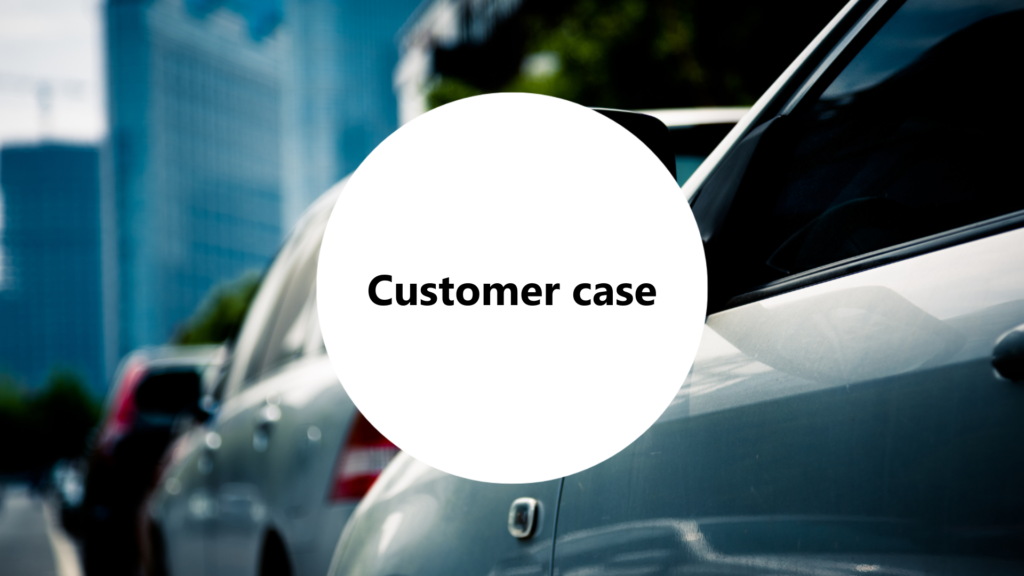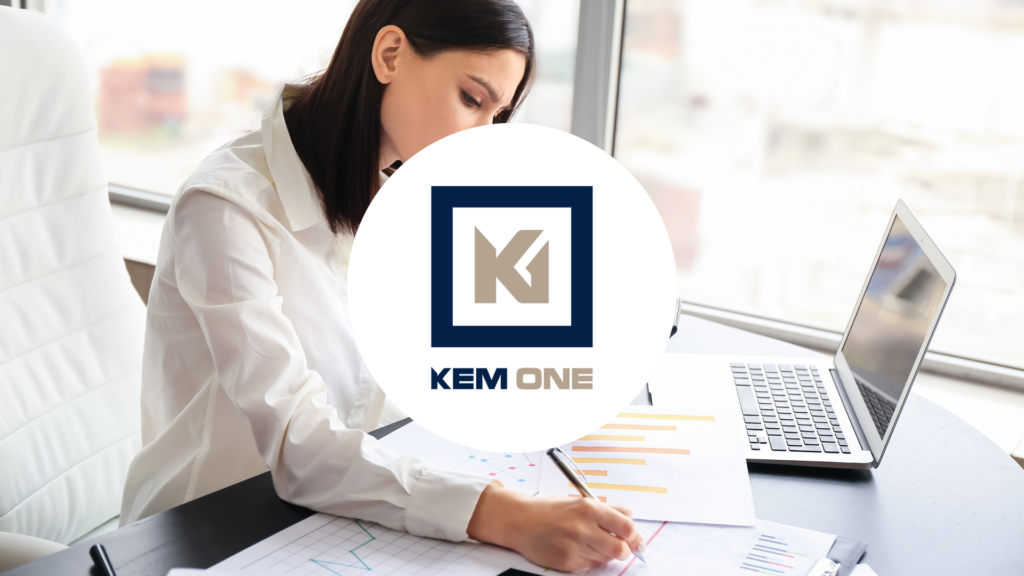
Following two major acquisitions, the Serge Ferrari Group wanted to consolidate the IS of its various entities, in order to harmonize its processes, facilitate the management of its activities and secure the obsolescence of certain critical systems. Tomorrow, the consulting arm of TeamWork, was responsible for the study of consolidation trajectories.
The French group Serge Ferrari is one of the world leaders in innovative flexible composites. The company’s products target several markets: solar protection, tensioned architecture, modular structures and more specific sectors such as furniture and marine.
Extremely resistant and durable, the manufacturer’s technical fabrics are used in particular in the construction sector, where their light weight helps to reduce the carbon footprint of buildings. An emblematic example is Lyon’s Groupama Stadium, equipped with a roof designed using Serge Ferrari Group products.
The company employs 1300 people at 6 production sites and 5 research centers. It distributes its products to over 4,000 customers in 80 countries. In 2022, Serge Ferrari achieved record sales of 339 million euros, up 18.5% year-on-year.
A strong need for consolidation
Serge Ferrari has doubled its sales in just a few years. Growth boosted by two acquisitions: one in Italy in 2016 and a second in Germany in 2020. “These successive takeovers resulted in a rapid extension of the scope of languages, countries and systems,” explains Pierre Boissonnet, head of IT, data and digital at the group.
Following the arrival of these two new entities, the Group has set itself three main objectives through the transformation of its core business systems:
- improve operational efficiency by digitizing processes ;
- provide tools for managing the entire Group’s activities;
- provide new services and uses for customers and partners.
To meet these challenges, Serge Ferrari decided to launch a study to define the various possible consolidation paths, and the advantages and disadvantages of each.
“Our in-house IT team remains modest and relies daily on partners – including its outsourcer TeamWork – to help with its tasks. When we launch a significant project, we quickly reach the limits of what the IT department can support in terms of workload. That’s why we decided to call in Tomorrow, TeamWork’s consulting arm. What’s more, an external viewpoint is always positive in a context of profound transformation.”
Pierre Boissonnet
Head of IT, Data & Digital
Several key topics covered…
Tomorrow’s study had to take three key elements into account: the diversity of IT solutions (a wide variety of ERPs between manufacturing and distribution entities), their functional coverage and technological constraints.
“At Serge Ferrari, the SAP ECC ERP covers all processes. It also goes down very deeply in certain special cases. A study that simply stayed on the surface would therefore only cover part of the question”.
Xavier Canitia
Head of the CIO practice at Tomorrow
The first stage of the study therefore involved mapping the Group’s business processes as comprehensively as possible, identifying current pain points and gathering business expectations for the future IS. The workshops were then used to identify the main guiding principles, which were to form the basis for the construction of the various possible scenarios, the selection of the target and, finally, the roadmap.
“The mission was to move fast, to adopt the right stride from the outset. The Tomorrow teams swept through all the geographies and processes in four months. It would have been impossible for my team to carry out such a task in such a short space of time”.
Pierre Boissonnet
Head of IT, Data & Digital
Consolidation already underway!
At the end of this study, the scenario chosen by Comex is to increase the deployment of the SAP ERP. This gradual harmonization will enable processes to be aligned, and new services to be added later. Finally, data consolidation will facilitate business management. All three of the Group’s objectives will thus be met.
The project has already begun in Italy, where business and IT teams are preparing for a migration in 2024. At the same time, Serge Ferrari and TeamWork teams are working on defining a refined trajectory between Germany, RISE and SAP S/4HANA, which needs to be coherently articulated. And as sales continue while work is in progress, the implementation of SAP Signavio Process Insights is also planned to embed the most impacting functional evolutions (and prepare the SAP S/4HANA migration).



